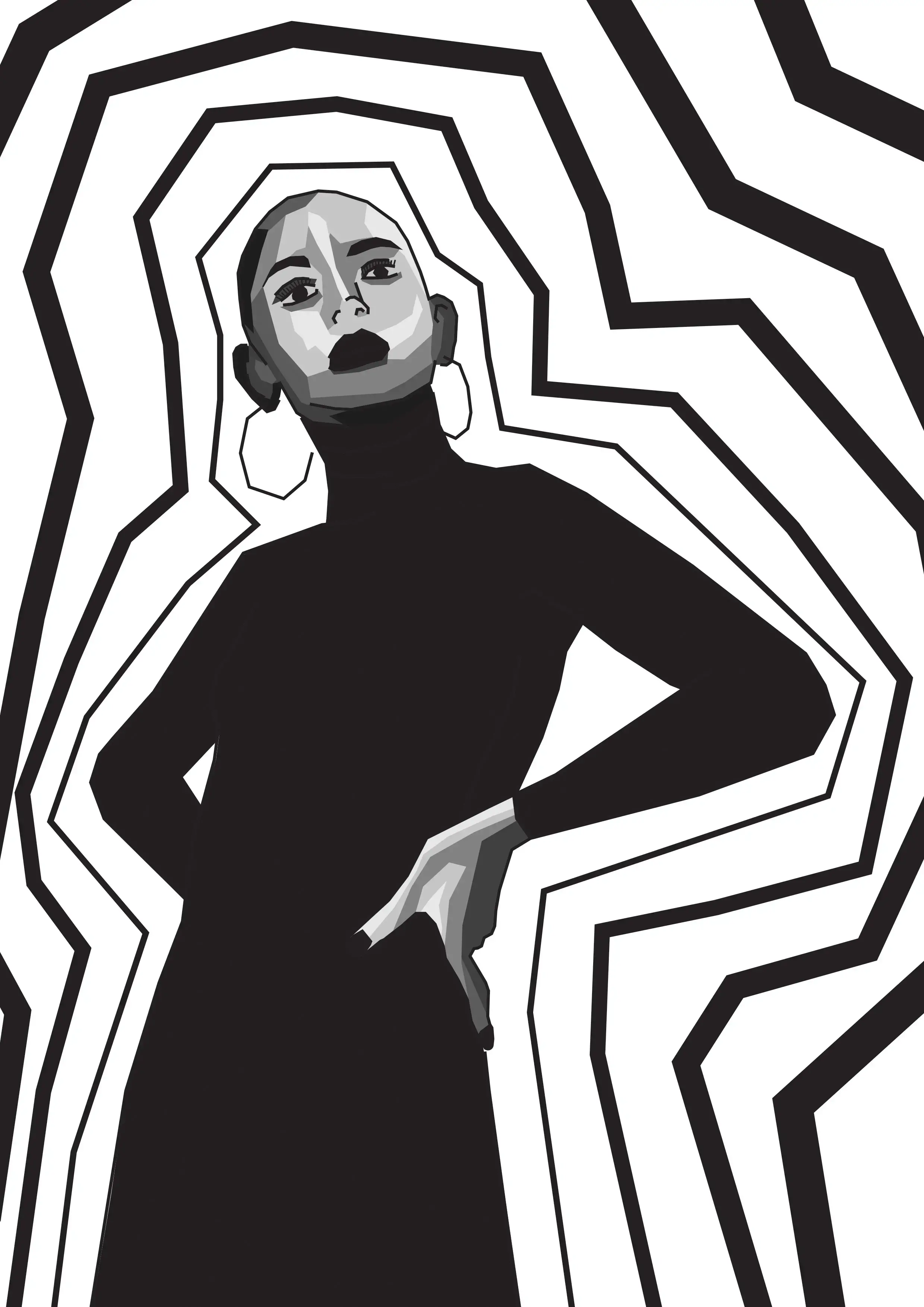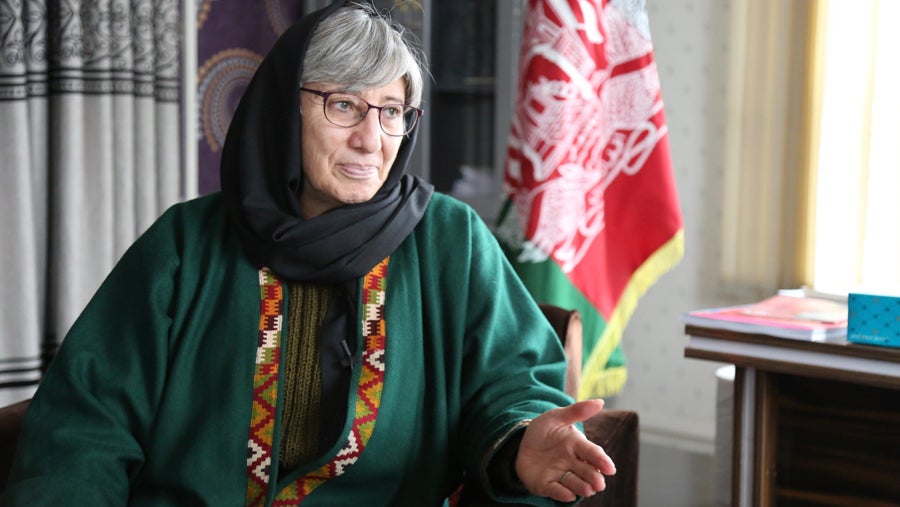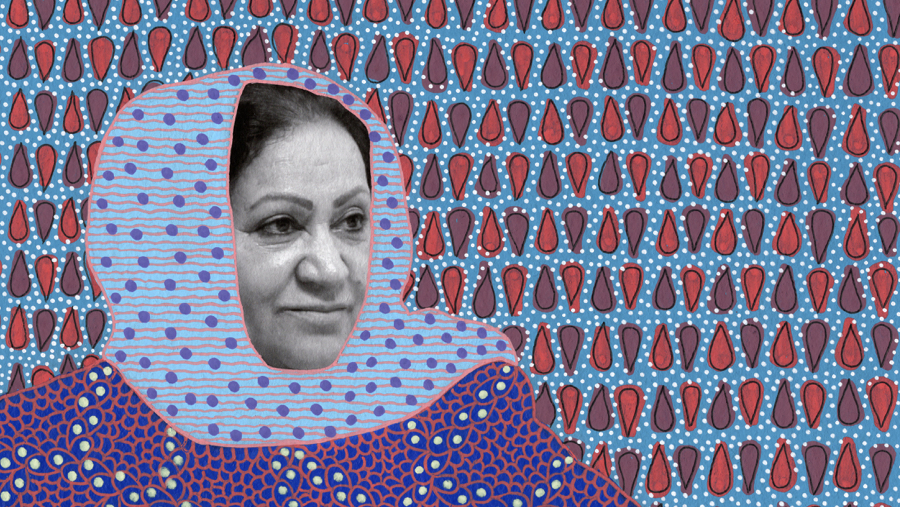My Body is My Own
My Body is My Own: Claiming the right to autonomy and self-determination
State of World Population Report 2021
Nearly half of women in 57 developing countries, including several in the Asia-Pacific region, are denied the right to decide whether or not to have sex with their partners, use contraception or seek health care – egregious violations of bodily autonomy which should be a fundamental right for all. Those are among the key findings contained within My Body is My Own: Claiming the right to autonomy and self-determination, the 2021 State of World Population flagship report from UNFPA, the United Nations sexual and reproductive health agency.
The first-ever UN report on bodily autonomy underscores why this right – integral to sexual and reproductive health - is crucial to achieving the vision of the 1994 ICPD Programme of Action, the 1995 Beijing Platform for Action and the 2030 Sustainable Development Agenda and its Sustainable Development Goals.
This collection of profiles from across the region shares some of the voices featured in the global report.
WATCH THE REGIONAL LAUNCH EVENT
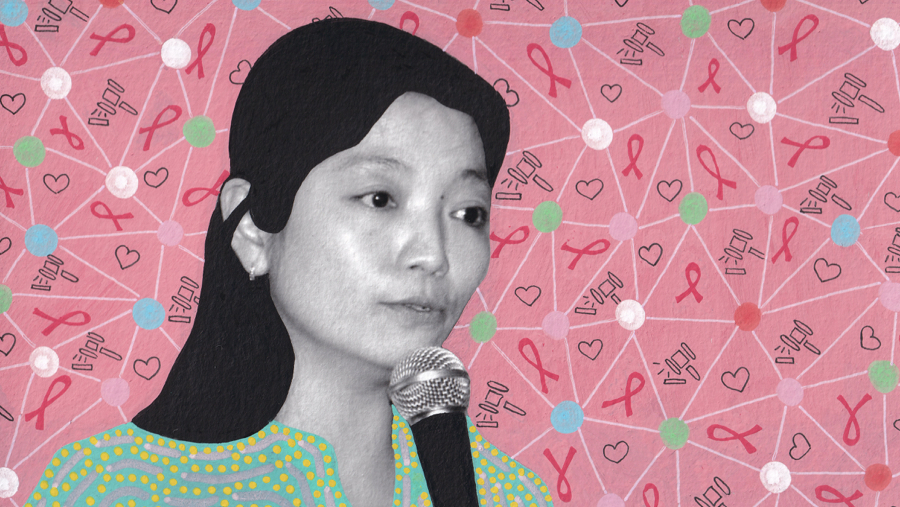
Indonesia: “Knowing that I have a say and that I’m in control of my own body, I really only learned those things after becoming a sex worker,” says Liana from Indonesia. Liana is used to shattering expectations; as a middle-class university graduate and former accountant, she does not fit the stereotype of a sex worker. She is the national coordinator of OPSI, a network that supports sex workers with services including health care. READ MORE
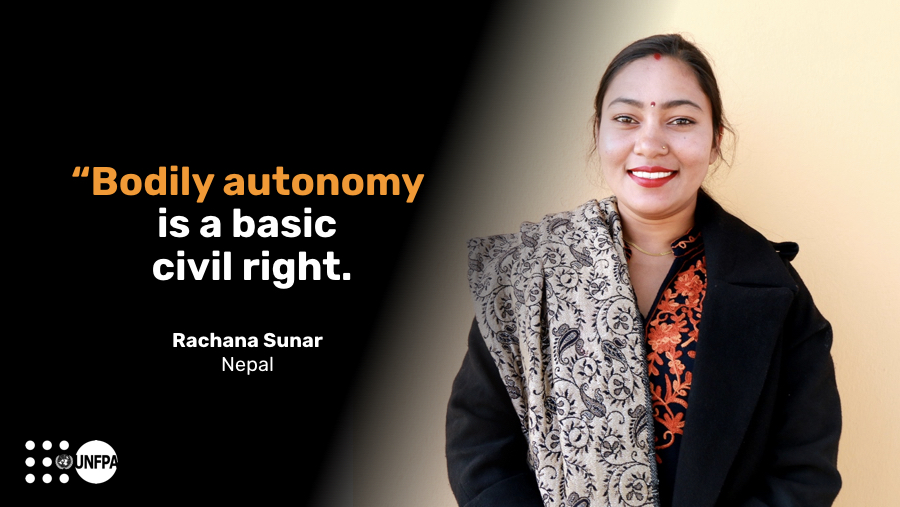
Nepal: “Girls and women are controlled by their husband and family,” Rachana Sunar. “Their voices are unheard, their bodily autonomy is not practiced, their well-being is not concerned." She was married at 15. Now she’s an activist pushing for bodily autonomy and social change. LEARN MORE
Afghanistan: “Virginity testing is a violation of human rights and it’s against human dignity,” says Sima Samar, a medical doctor and former state minister for human rights in Afghanistan, who championed the ban on nonconsensual virginity tests. “It requires education in the public, to everyone, particularly to the youth. Secondly, I think it is required to educate police, to educate the prosecutor, to educate the medical doctors.” READ MORE
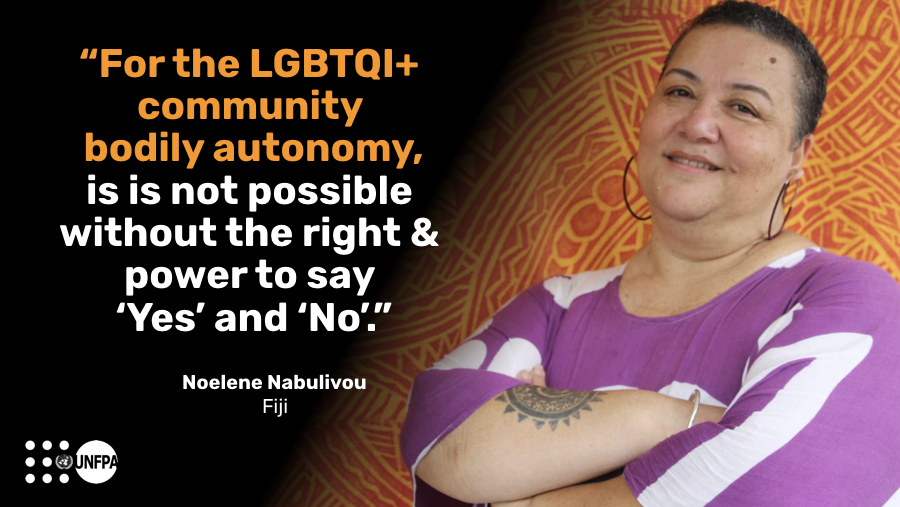
Fiji: “Achieving bodily autonomy depends on gender equality and expanding choices and opportunities for women, girls and excluded groups,” says Noelene Nabulivou. She is the Executive Director of DIVA for Equality in Fiji. LEARN MORE
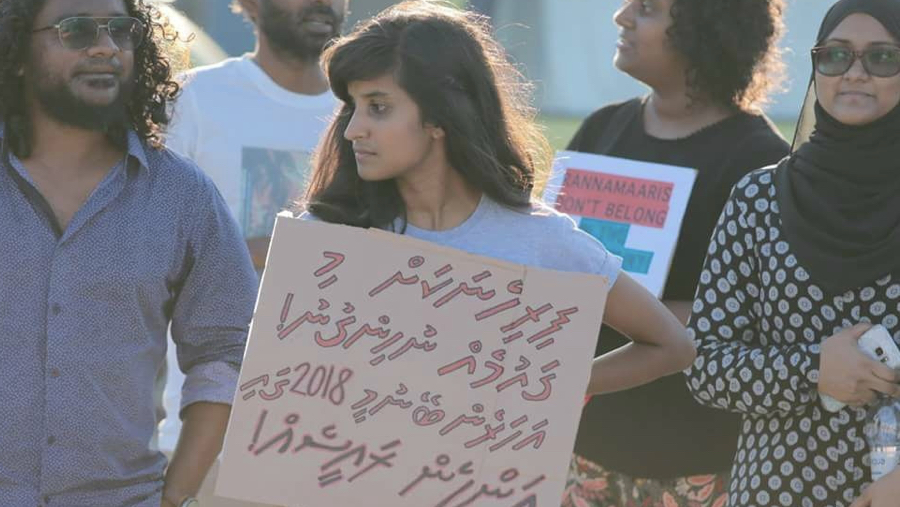
Maldives: “In the Maldives, like in a lot of other places, we have this idea that a lot of the harassment and abuse women face is just the cost of being a woman,” says Sara Naseem, from Malé in the Maldives. She’s the founder of Nufoshey, which means “Do not harass”. It is an initiative aimed at creating a space where women can share their stories and make a stand against harassment. "By raising awareness that harassment is something that happens and that it is wrong, we were able to start a lot of other conversations that equip people with the language to respond to it.” READ MORE
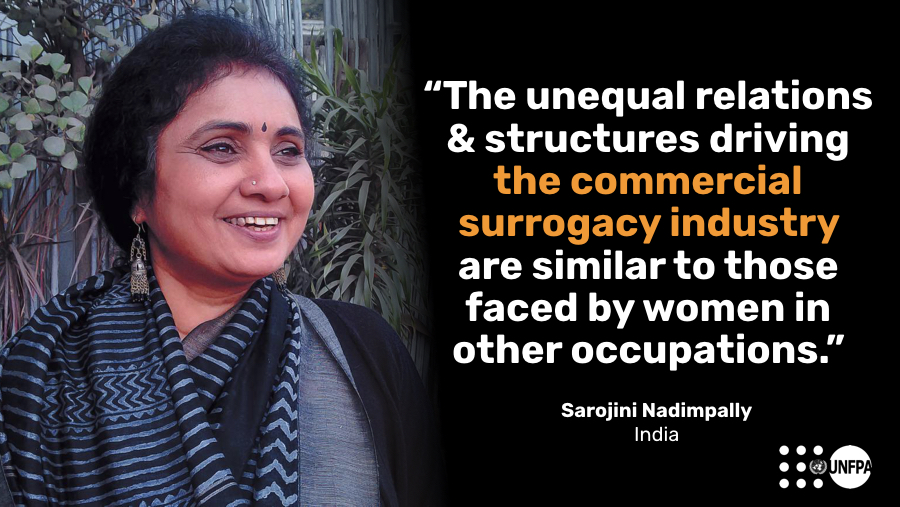
India: “We need to better understand the linkages between technological development, innovation and policy shifts in post-industrial economies,” says Sarojini Nadimpally from SAMA, a group that advocates for surrogates rights. “There are multiple articulations of labour, risk and fragmentation experienced in developing economies by women who are already part of global value chains through their participation in other industries simultaneously.” READ MORE
Afghanistan: “The hymen, some women don’t have one,” says Dr. Suraya Sobhrang from Afghanistan. She is a vocal advocate against virginity testing. “Sometimes the structure is very elastic. I saw one woman who had her first baby and at the delivery, she still had a hymen. So it does not assure that a girl has not had intercourse.” READ MORE
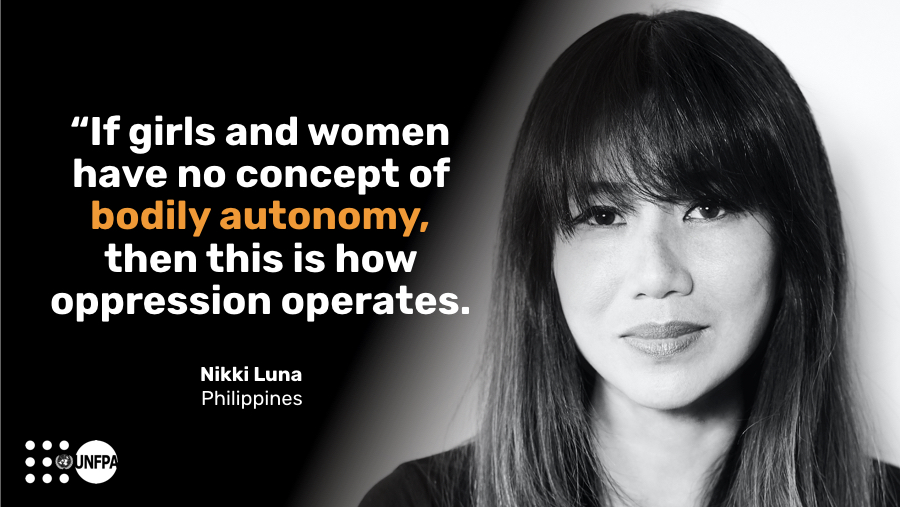
Philippines: “A girl can see, feel and live in their bodies and yet they are conditioned to think it is never owned by them,” says Nikki Luna. “This is a struggle every girl is born into and we must end it." Nikki is an artist, feminist and activist who does work on the issue of bodily autonomy. LEARN MORE
State of World Population Report 2021
WATCH THE REGIONAL LAUNCH EVENT
Learn more
https://www.unfpa.org/sowp-2021

